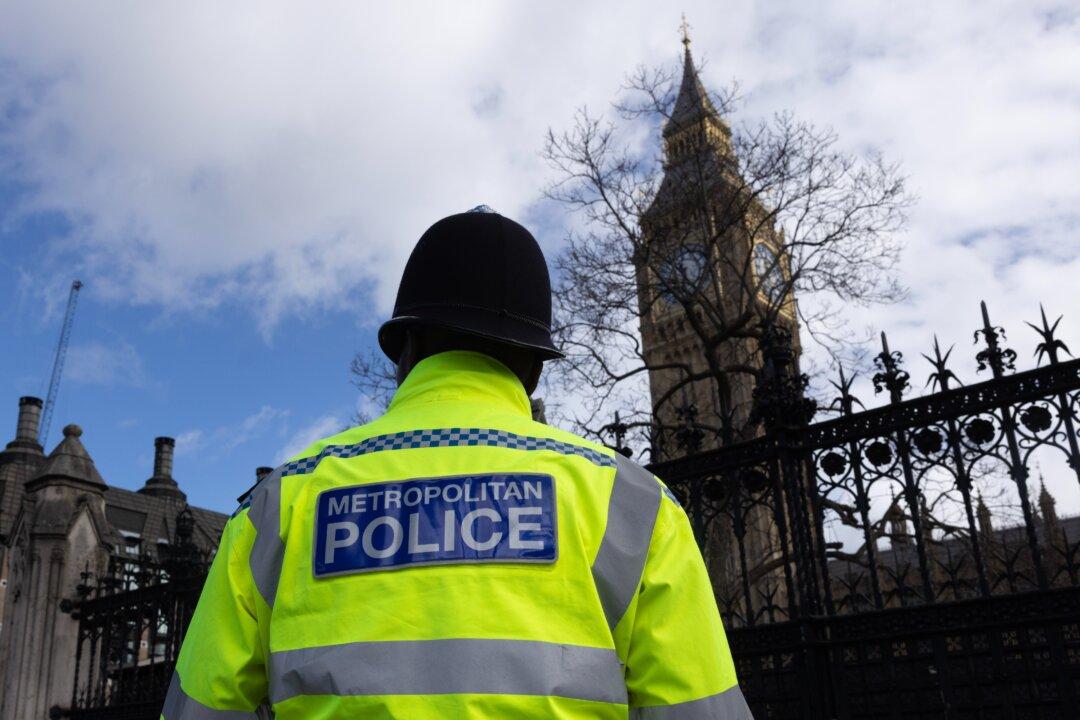The chief executive of private bank Coutts is stepping down over his handling of the closure of Nigel Farage’s bank account, it has been announced.
Peter Flavel became the second senior executive at NatWest Group, which owns Coutts, to depart over the incident.





